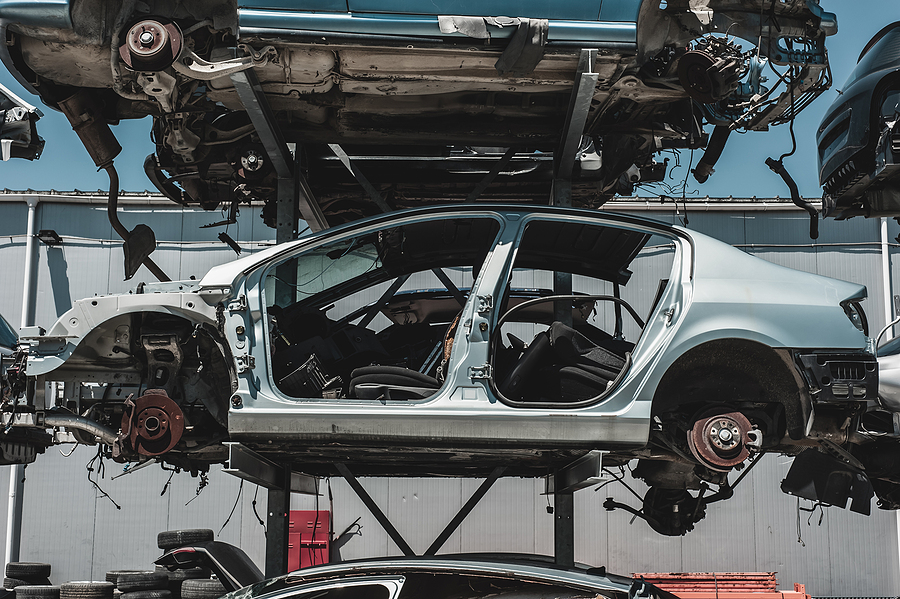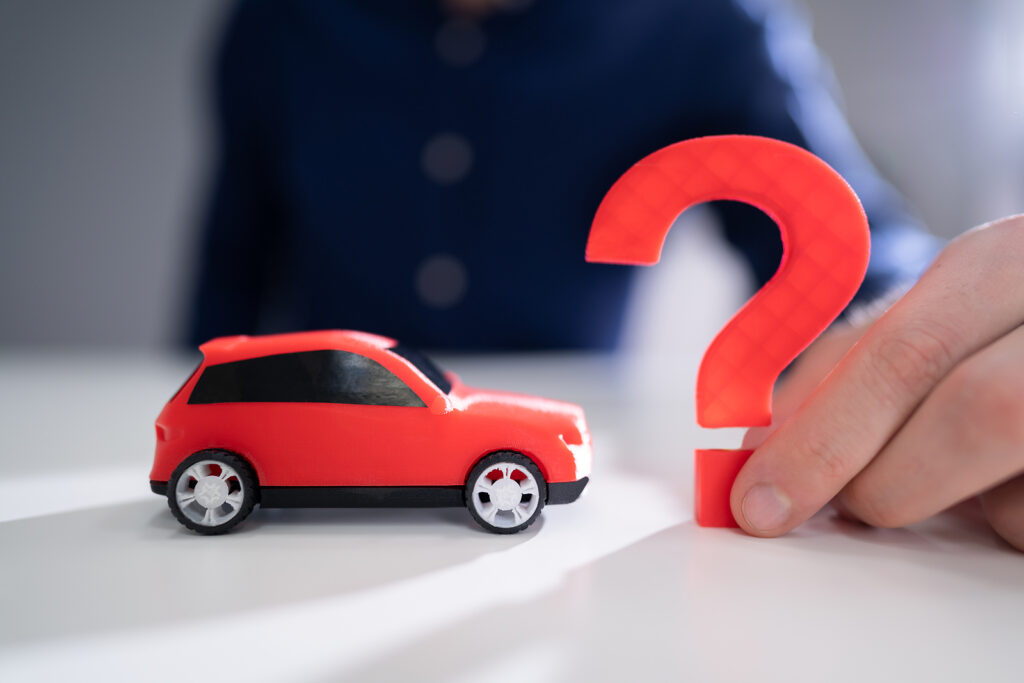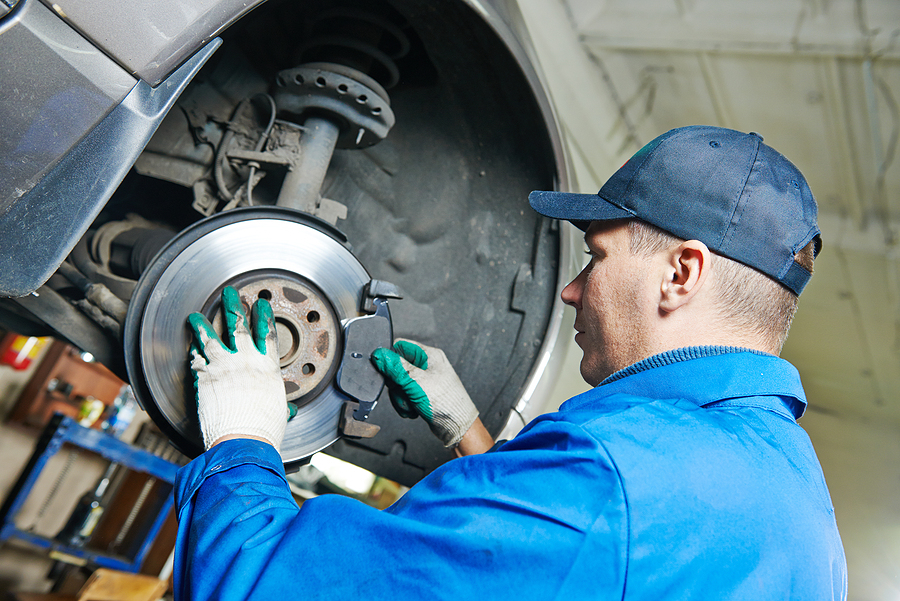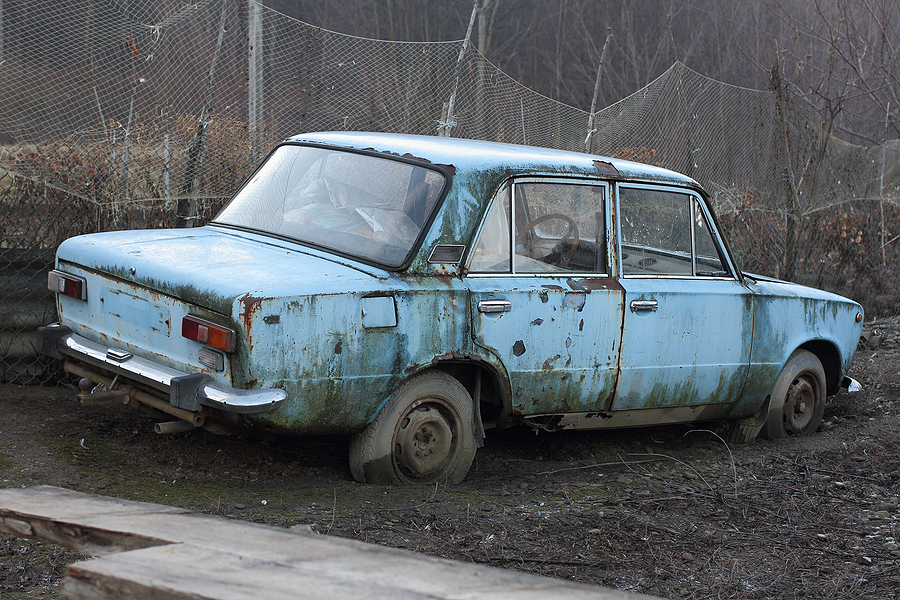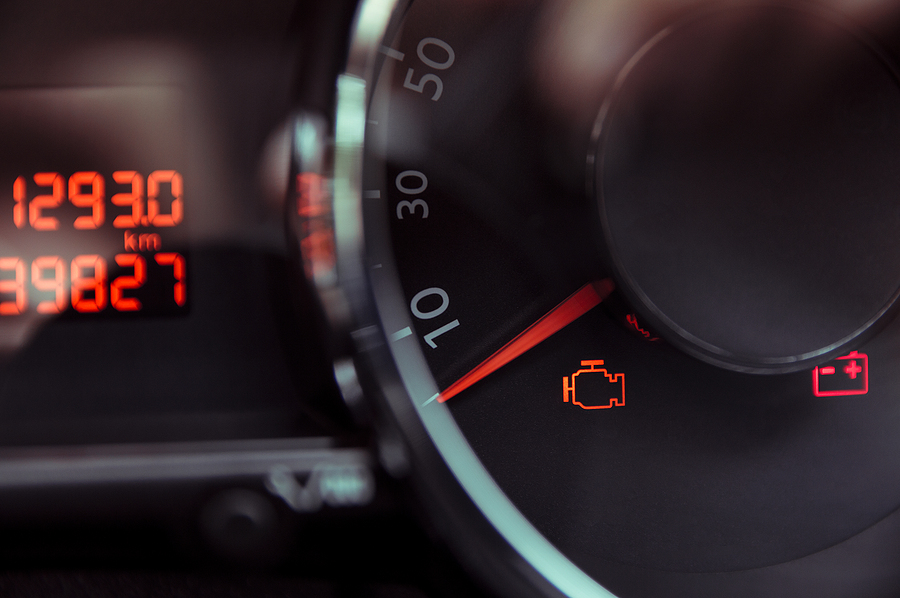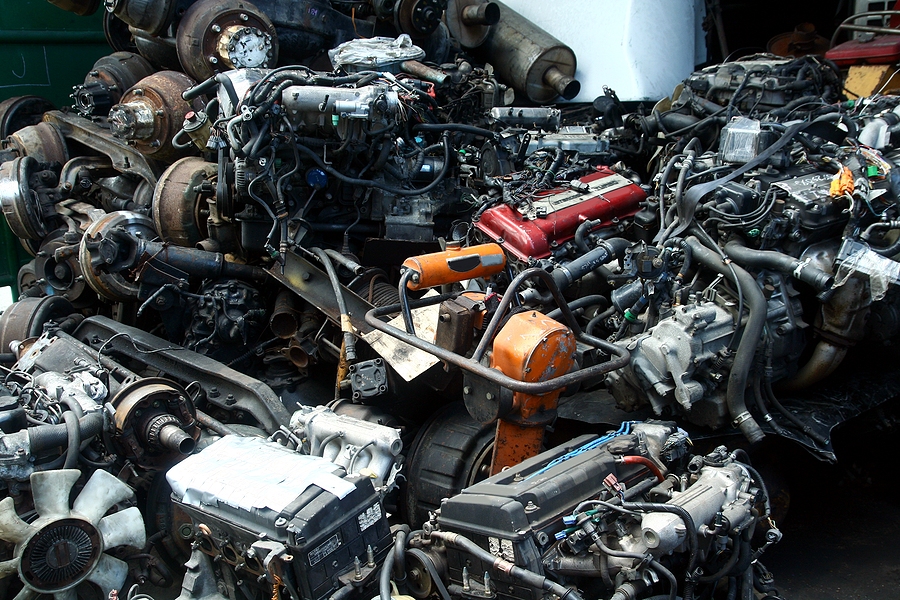The automotive landscape is shifting gears, and a new trend is emerging from the dust of old vehicles – the art of DIY car repair and customization using junk car parts. Gone are the days when a simple defect in a vehicle meant an expensive trip to the dealership or a mechanic. Now, the backyards and junkyards of the world have become treasure troves for the thrifty and adventurous car owner.
This DIY guide to using junk car parts is not just about saving a few bucks; it’s a testament to sustainability and individualism in the automotive community. We’ll explore the benefits, tackle the trepidation, and provide you with the knowledge to undertake your own projects using parts from discarded autos.
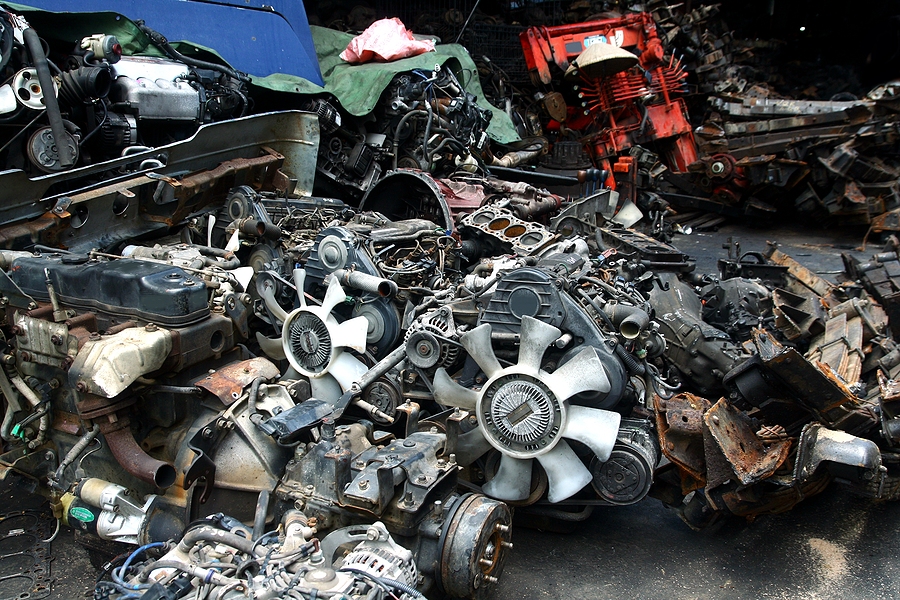
The Treasure You Can Find at a Scrap Yard
There’s more to a scrap yard than meets the eye. Beyond the piles of automotive scrap metal lie parts that can breathe new life into an automobile or offer a unique touch to a project.
Advantages of Using Junk Car Parts:
- Cost-Effectiveness: Junk auto parts are significantly cheaper than new ones, making them a budget-friendly choice for replacements and enhancements.
- Environmental Benefits: The practice of using parts from junk cars reduces waste and supports auto parts recycling, which is an integral part of environmental sustainability.
- Uniqueness: Old cars often have parts that are no longer in production, making them a unique find for those looking to customize their vehicles.
Navigating a Junkyard for the Best Finds:
- Research and Preparation: Know what you need and for which vehicle. Having reference numbers or a part list can save time and effort in the yard.
- Junkyard Etiquette: Always ask for permission before venturing beyond marked areas. Remember, safety first!
- Inspection: Once you’ve found a potential part, inspect it for wear and tear. Look for signs of damage, rust, or any indications that could affect its functionality.
DIY Automotive Repairs Using Junk Car Parts
Armed with a scavenger’s zeal and a thirst for restoration, you’ll be ready to tackle a variety of DIY projects with junk automotive parts. Here are a few common repair and upgrade projects to get you started.
Replacing Headlights
Foggy or broken headlights can be a common issue in older vehicles. Here’s how to replace them with junk car parts:
- Find a Match: Head to the yard with the make and model of your car to find a headlight that’s identical or compatible.
- Tools of the Trade: You’ll typically need screwdrivers and perhaps wrenches.
- Installation: Consult your car’s manual and unscrew the bezel and old headlight. Replace it with the ‘new’ part, being careful not to touch the bulb with your fingers. This can leave oils that burn and shorten its life.
Upgrading Audio Systems
Desiring a better sound system in your vehicle doesn’t have to cost an arm and a leg. It can cost as little as an ear—that is, the cost of finding some sweet speakers in a scrap car.
- Speaker Selection: Look for speakers in good condition and the right size for your vehicle.
- Compatibility: Ensure that the amplifier and stereo in the junk car are compatible with your car or intended setup.
- Wiring Wisdom: You might need to rewire a little, so be prepared with wire cutters and the right mental wiring diagrams to adapt the system to your car.
Customizing Interiors
For the DIY enthusiast, the interior of a vehicle is a blank canvas. Junked auto parts can turn the mundane into the luxurious, the old into the vintage, the drab into the fab.
- Seat Swaps: Find seats in great shape and of a size that fits your car’s existing space.
- Upholstery Upgrade: Swap out old and worn upholstery for head-turning patterns and fabrics.
- Accessorize: Explore the junkyard for unique gear like retro steering wheels or gear shifts that can add character to your vehicle.
Safety and Legality Considerations
Undertaking a DIY project using scrap car parts is both an exhilarating and responsible endeavor. Staying safe and within the bounds of the law are both paramount.
Safety Precautions
- Wear the Right Gear: Sturdy gloves, closed-toe shoes, and eye protection are essential gear in the junkyard and your workshop.
- Proper Tools Usage: Know the right way to handle and use each tool. Misuse can lead to accidents.
- Awareness: Always be aware of your surroundings, as junkyards can be hazardous environments.
Need-to-Know Legalities
- Recyclable Rules: Some parts might come with environmental regulations. Make sure you dispose of them properly if they’re beyond repair or use.
- Warranty Caveats: Using junk car parts might void or affect the warranties on other parts or systems in your vehicle. Be aware of these implications.
- Inspection Insights: Ensure that any parts you’re using, especially for primary functions like brakes or engines, comply with vehicle inspection and safety standards.
Replacing Wheels and Tires
Wheels and tires are often the most expensive parts of a vehicle, but with some diligence, you can find great-condition junk car wheels to replace yours.
- Size Matters: Find wheels that match your bolt pattern and tire size for safety and compatibility.
- Check Condition: Don’t just eye them; inspect the wheels for cracks or damage that could compromise their integrity.
- Tire Inspection: Give the tires a good look-over to ensure they have enough tread left and are free from punctures or bulges.
In Summary
The next time you hear the siren call of a malfunction in your car or a whisper from the soul of your ride to be unique, consider your local auto scrapyard. It could very well be the starting point for a project that not only enhances your vehicle but also contributes to a greener planet.
Remember, the cycle isn’t complete until you’ve contributed back to the ecosystem of auto recycling. If you have leftover parts or ones you couldn’t use, sell them back to the junkyard. What was once discarded can now rebuild someone else’s dream project.
Dare to repair, and in doing so, you’re not only saving the past—you’re creating a future where individual action leads to collective good. For the car enthusiasts and DIY aficionados, this is your time to shine, your project to polish, and your vehicle to rev—not just your engine, but the engine of a sustainable tomorrow.
Do you have some old or used car parts that you would like to recycle for an instant cash payout? Contact GC’s Junk Cars at 502-804-5605 to sell scrap car parts in Louisville, Kentucky. We pay cash for all junk cars and automotive parts. If you are selling a catalytic converter, you will need proof of ownership.
Related Posts:
From Trash to Treasure: Sourcing and Selling Junk Car Parts
Stretch Your Dollar: How to Find Affordable Car Parts
Should I Part Out a Junk Car or Sell it Whole?

